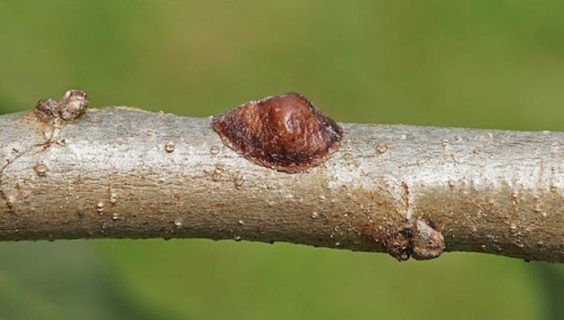 [Beyond Pesticides, November 16, 2022] Putting up with moderate pest levels can attract and maintain predators and parasitoids that provide important biological control services throughout the landscape, according to research recently published in Environmental Entomology.
[Beyond Pesticides, November 16, 2022] Putting up with moderate pest levels can attract and maintain predators and parasitoids that provide important biological control services throughout the landscape, according to research recently published in Environmental Entomology.